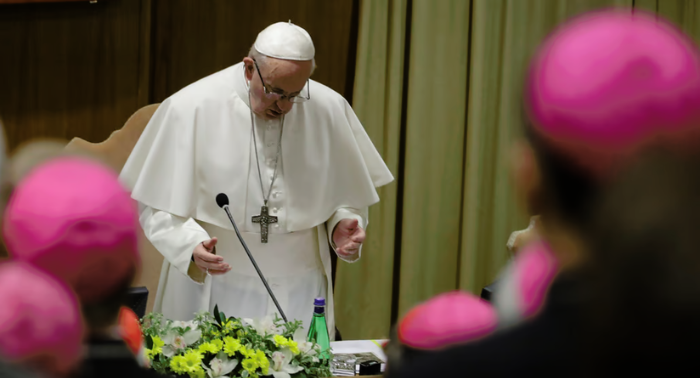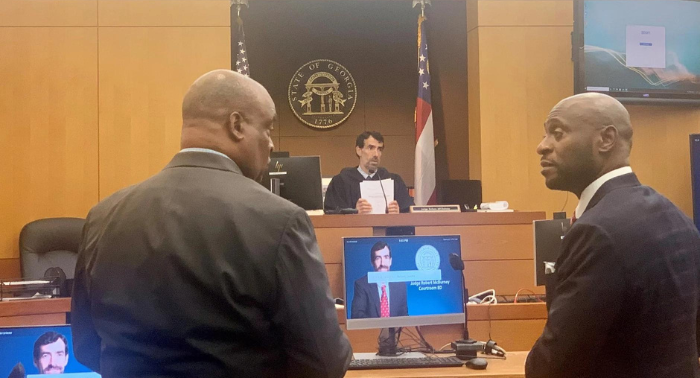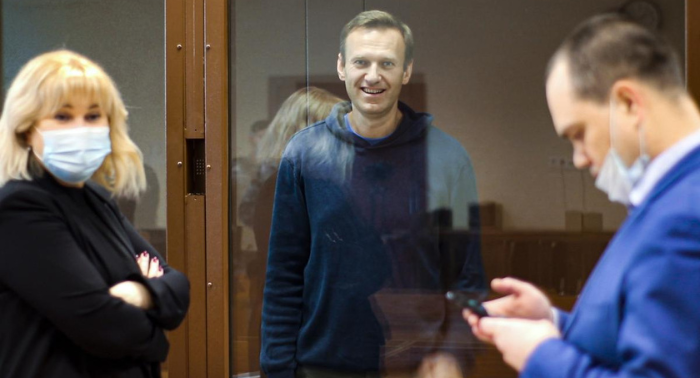In mid-December, Pope Francis held an unrecorded meeting that wasn’t on his official schedule, highlighting the profound dysfunction within the Catholic Church’s response to the ongoing global clergy sex abuse scandal.
In a meeting lasting over an hour, Francis met with a Spaniard who, as a young seminarian, had been sexually abused by his spiritual director. Despite lodging a complaint with the Toledo Archdiocese in 2009 and providing damning evidence to Vatican offices, the victim had received no justice from the Church for 15 years.
While Francis’ willingness to listen to the victim’s story was commendable, it also exposed the shortcomings of the Church’s internal mechanisms for addressing abuse. This incident underscores the broader failure of the Church’s laws and policies in providing adequate support to survivors and holding abusers accountable.
Five years ago, Francis convened a historic summit of bishops from around the world to address clergy abuse. Despite promises of reform and new laws to hold bishops accountable, the Church’s response remains inadequate.
Victims, independent investigators, and even in-house canon lawyers criticize the Church’s response as damaging to survivors and lacking in basic justice. Many victims are retraumatized by the Church’s silence, stonewalling, and inaction when they report abuse.
The Church’s internal legal system, rooted in canon law, has been widely criticized for its structural flaws and lack of transparency. Bishops, who investigate allegations against their own priests, face inherent conflicts of interest, compromising the fairness of the process.
Furthermore, victims are afforded few rights in canonical proceedings, unable to participate in proceedings or access case files. Despite some reforms, victims continue to be neglected, with their rights and needs often disregarded.
The lack of published case law further compounds the problem, leaving victims and the public in the dark about how abuse cases are adjudicated and whether penalties are applied consistently.
While the Vatican claims progress in handling abuse cases, critics argue that praise comes primarily from the hierarchy, not from those who have suffered. Victims like the Spanish seminarian remain mired in lengthy and often fruitless legal processes, with little hope of obtaining justice from the Church.
Despite the ongoing efforts of survivors and advocates, the Catholic Church’s response to clergy abuse remains deeply flawed, leaving many victims without closure or accountability for their perpetrators.




